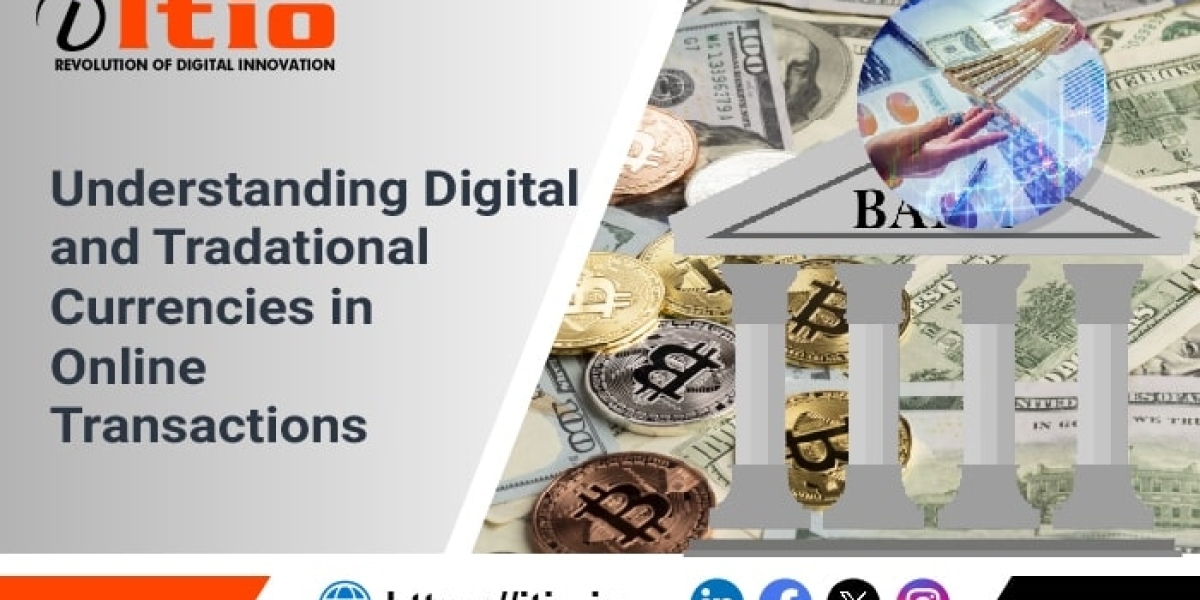The choice between digital and traditional currencies significantly impacts the efficiency and security of online transactions. As we witness the rapid digitization of financial systems, it becomes imperative to grasp the nuances of both worlds. If you want to start your own payment gateway business, this piece of information is just for you.
The Pain Points of Traditional Currencies in Online Transactions
1. Security Concerns
Traditional currencies often face security challenges in the digital space. Counterfeiting and fraud remain prevalent issues, leading to mistrust among consumers and businesses. Online transactions demand a more robust and secure financial infrastructure.
2. Transaction Delays
The reliance on traditional banking systems introduces delays in transaction processing. Clearing times, bank holidays, and varying time zones contribute to prolonged waiting periods for funds to reach their intended destinations.
3. High Transaction Costs
The fees associated with traditional currency transactions can be exorbitant. Intermediaries, such as banks and financial institutions, charge fees for their services, affecting the overall cost-effectiveness of online transactions.
4. Limited Accessibility
Traditional currencies are confined by geographical borders. Cross-border transactions face hurdles such as currency conversion fees and international regulations, limiting the accessibility of businesses to a global customer base.
5. Lack of Financial Inclusion
Millions of people worldwide still lack access to traditional banking systems. This exclusion hinders their participation in online transactions, creating a divide between the banked and unbanked populations.
Bridging the Gap: The Rise of Digital Currencies
In response to these challenges, digital currencies have emerged as a transformative force in the financial landscape. The most notable among them is cryptocurrency, driven by blockchain technology. Digital currencies offer a decentralized and efficient alternative to traditional forms of money, revolutionizing online transactions.
Understanding Digital Currencies
1. Decentralization and Security:
Cryptocurrencies operate on blockchain technology, a decentralized and distributed ledger. This not only enhances security by eliminating a single point of failure but also ensures transparency and immutability of transaction records.
2. Instant Transactions
One of the standout features of digital currencies is their ability to facilitate instant transactions. Cryptocurrency transactions occur directly between parties, eliminating the need for intermediaries and reducing transaction times to a matter of minutes, or even seconds.
3. Cost-Effective Transactions
Digital currencies significantly reduce transaction costs. With fewer intermediaries involved, fees are minimized, making microtransactions and cross-border transactions more economically viable.
4. Global Accessibility
Cryptocurrencies break down geographical barriers, allowing businesses to cater to a global audience without the hindrance of traditional banking limitations. This inclusivity fosters financial access for the unbanked population, promoting economic participation.
5. Financial Inclusion
Digital currencies promote financial inclusion by providing a secure and accessible means of conducting transactions. Individuals without access to traditional banking systems can participate in the digital economy, fostering economic empowerment.
Start Your Own Payment Gateway Business: A Transformative Opportunity
Amid this digital revolution, entrepreneurs like you have a unique opportunity to shape the future of online transactions by deciding to start your own payment gateway business. This venture allows individuals to bridge the gap between traditional and digital currencies, addressing the pain points associated with the former.
1. Empowering Security
As the custodians of online transactions, payment gateway businesses can prioritize security measures to instill trust in users. Implementing robust encryption, two-factor authentication, and anti-fraud measures can mitigate security concerns associated with traditional currencies.
2. Accelerating Transaction Speeds
A payment gateway business can leverage digital currencies to offer swift transaction processing. By streamlining the payment flow and reducing the reliance on traditional banking systems, entrepreneurs can provide users with a seamless and efficient transaction experience.
3. Minimizing Transaction Costs
Entrepreneurs in the payment gateway space can design cost-effective models that minimize transaction fees. By optimizing operational processes and leveraging the efficiency of digital currencies, businesses can pass on the cost savings to both merchants and consumers.
4. Breaking Geographical Barriers
A payment gateway business has the potential to facilitate global transactions without the constraints of traditional banking systems. Entrepreneurs can tap into international markets, providing businesses with the tools to serve a diverse and expansive customer base.
5. Fostering Financial Inclusion
By incorporating digital currencies into their payment gateway models, entrepreneurs can contribute to financial inclusion. Enabling access to online transactions for the unbanked population empowers individuals who were previously excluded from the digital economy.
Challenges and Considerations
While the prospect of starting a payment gateway business is promising, entrepreneurs must navigate challenges such as regulatory compliance, technological infrastructure, and market competition. Staying abreast of evolving regulations, investing in robust security measures, and differentiating services are crucial factors for success.
Conclusion
In the dynamic landscape of online transactions, understanding the strengths and weaknesses of both traditional and digital currencies is paramount. Entrepreneurs venturing into the payment gateway business have a unique opportunity to revolutionize the way we transact online. By addressing the pain points associated with traditional currencies and leveraging the efficiency of digital currencies, these businesses can usher in a new era of secure, seamless, and inclusive online transactions. Embracing the digital future is not just a choice; it's a transformative opportunity to shape the financial landscape for generations to come.
We hope that this guidance on how to start your own payment gateway business and understand traditional and digital currencies in online transactions was useful to you.









